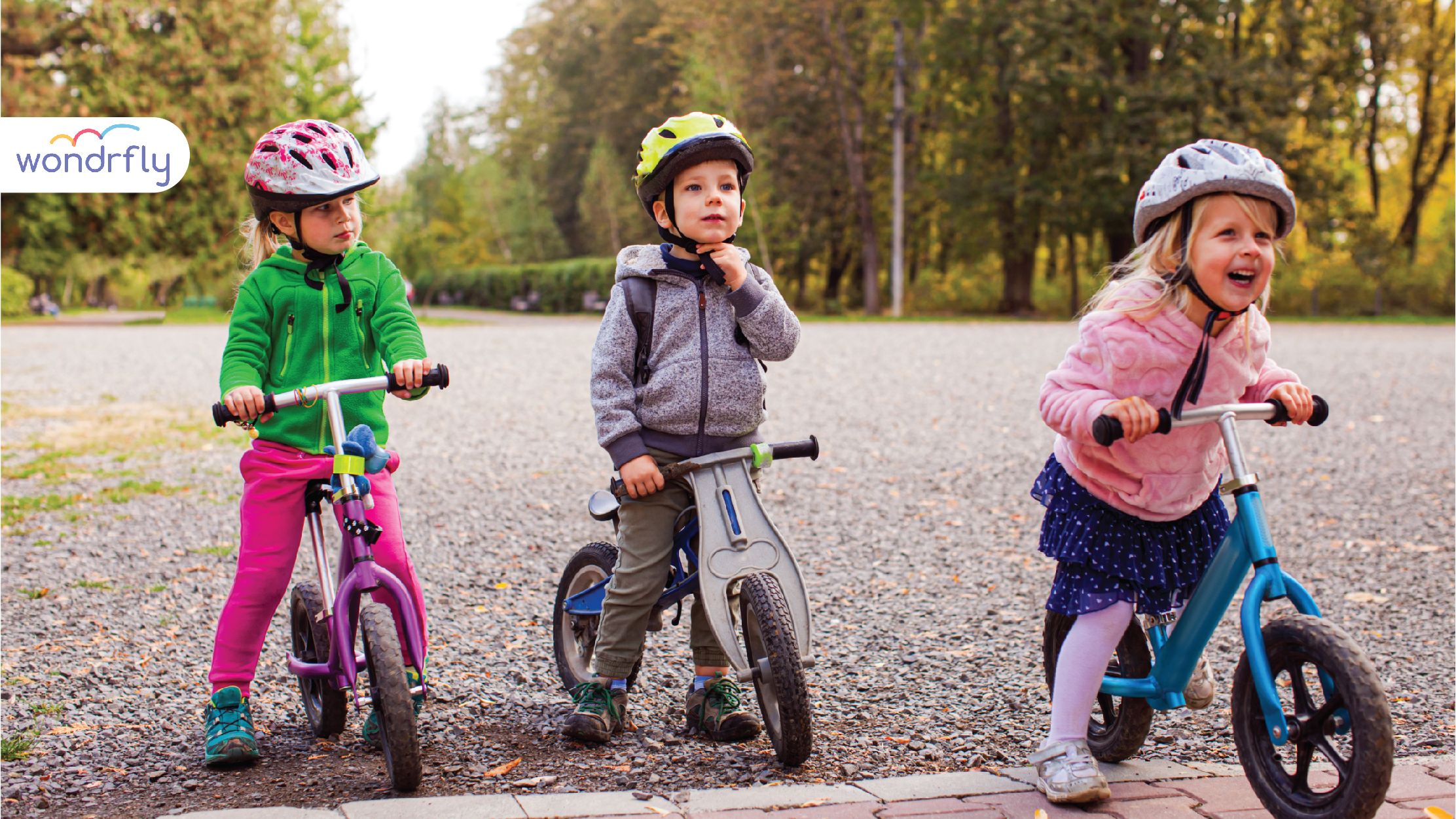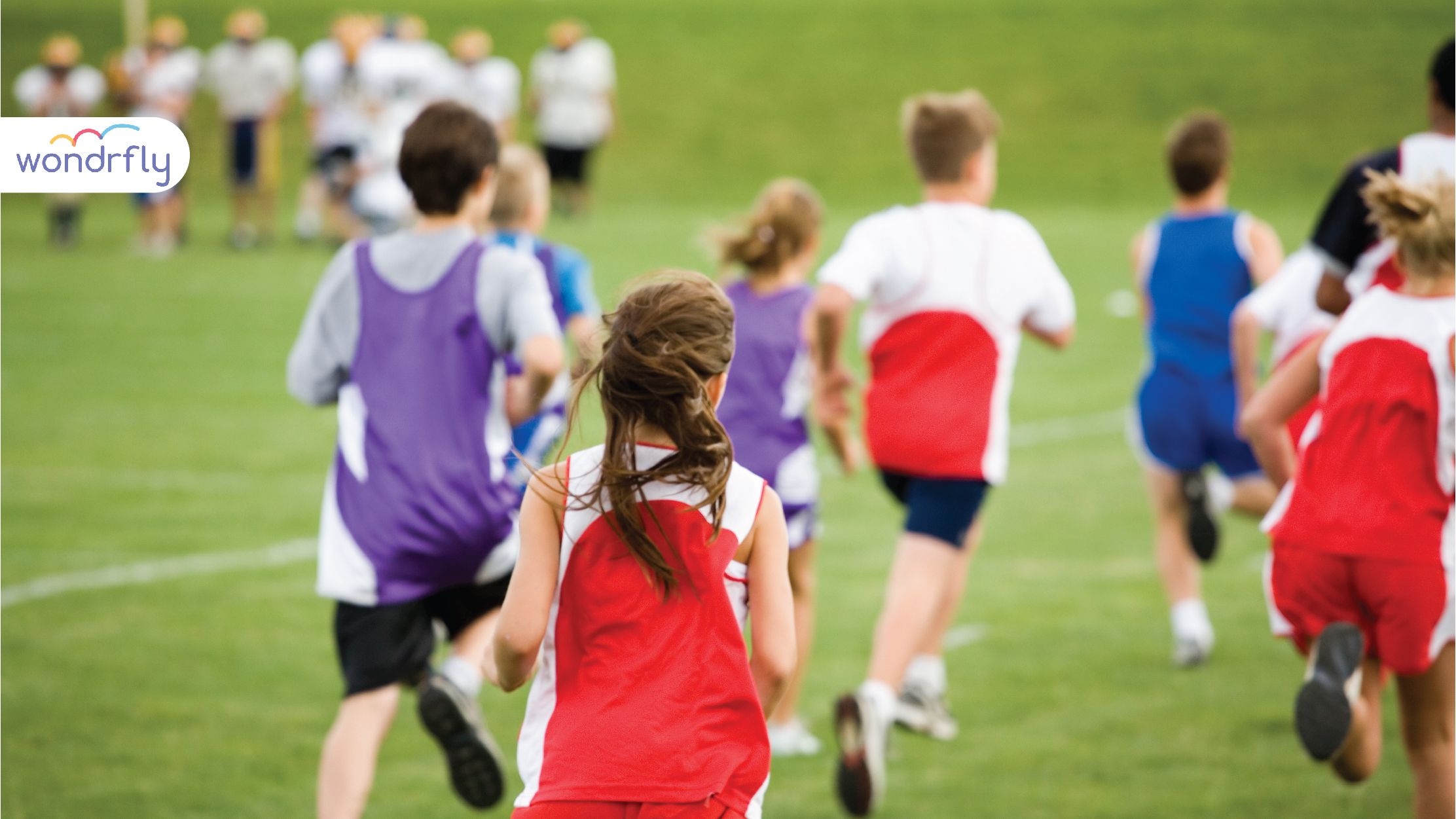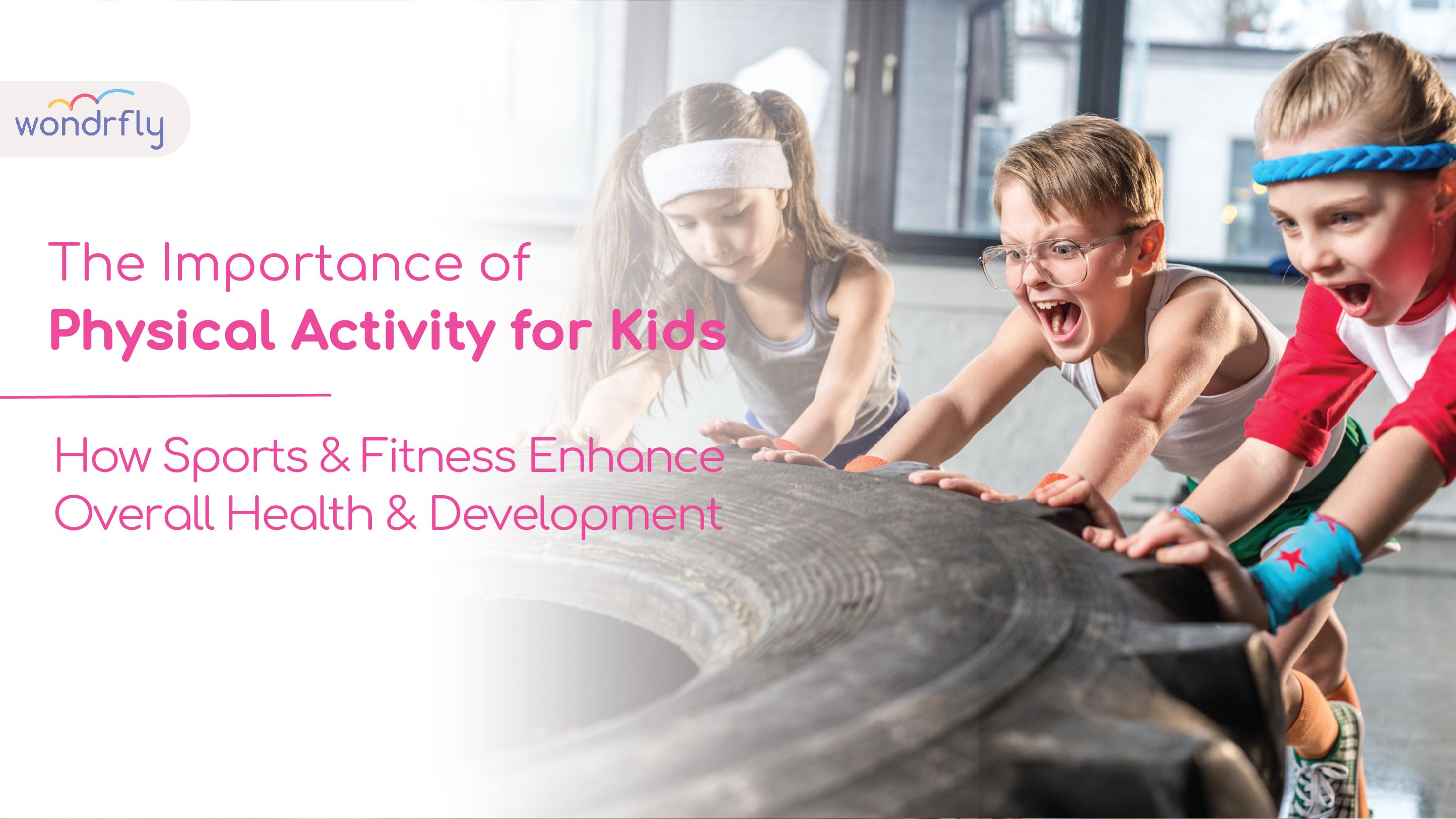Introduction:
In today's digital age, where screens dominate leisure time, ensuring that children engage in regular physical activity is more important than ever. Physical activities for kids, including sports and outdoor pursuits, play a pivotal role in their overall health and development. From building strong bones and muscles to fostering social skills and emotional well-being, the benefits of encouraging children to be active are boundless.
Why Physical Activity Matters for Kids?
1. Promoting Physical Health
One of the primary benefits of physical activity for kids is the promotion of physical health. Regular engagement in sports or outdoor activities for kids helps children develop strong muscles and bones, maintain a healthy weight, and reduce the risk of chronic conditions such as obesity and diabetes. Active kids are more likely to carry these healthy habits into adulthood, setting the foundation for a lifetime of well-being.
2. Enhancing Cognitive Function
Physical activity doesn't just benefit the body; it also boosts cognitive function. Research has consistently shown that kids who participate in regular physical activities demonstrate improved concentration, better academic performance, and enhanced problem-solving skills. The link between exercise and brain function is powerful, with increased blood flow and the release of neurotransmitters contributing to a sharper mind.
3. Building Social Skills
Engaging in sports and group activities provides children with valuable opportunities to develop social skills. Team sports, in particular, teach kids about cooperation, teamwork, and communication. These experiences are crucial for their emotional intelligence, helping them navigate relationships, work collaboratively, and develop a strong sense of camaraderie.
4. Fostering Emotional Well-being
Physical activity plays a significant role in regulating emotions and reducing stress. Sports and fitness activities release endorphins, often referred to as 'feel-good' hormones, which contribute to a positive mood. Additionally, the sense of accomplishment and self-esteem gained from achieving physical milestones can have a profound impact on a child's emotional well-being.
Effective Physical Activities for Kids

1. Outdoor Activities for Kids
-
Nature Walks: Encourage your child to explore the outdoors through nature walks. Point out different plants, insects, and birds to make it an educational and enjoyable experience. This not only promotes physical activity but also connects them with the natural world.
-
Cycling Adventures: Cycling is a fantastic way to keep kids active. Whether it's a leisurely ride in the neighborhood or a more adventurous trail, cycling helps improve cardiovascular health and strengthens leg muscles.
-
Playground Playtime: Playgrounds are treasure troves of physical activity. From swinging and climbing to running around, playgrounds offer a variety of activities that enhance motor skills and coordination.
-
Family Picnics and Games: Organize family picnics with games like frisbee, badminton, or soccer. These activities not only keep the whole family active but also create lasting memories.
FACT: Did you know that spending time in nature not only promotes physical activity but also enhances cognitive abilities? Studies show that exposure to natural environments boosts creativity, problem-solving skills, and overall well-being in children.
2. Sports Activities for Kids
-
Soccer: Soccer is a globally beloved sport that promotes cardiovascular health, teamwork, and coordination. Enrolling your child in a soccer league fosters social skills and a love for physical activity.
-
Swimming: Swimming is an excellent full-body workout. It not only strengthens muscles but also improves flexibility. Moreover, swimming is a life skill that enhances water safety.
-
Gymnastics: Gymnastics is ideal for developing flexibility, balance, and coordination. It instills discipline and concentration while providing a platform for kids to showcase their creativity.
-
Basketball: Basketball is not just a great cardiovascular exercise; it also enhances motor skills and hand-eye coordination. Joining a basketball team introduces the concept of teamwork and friendly competition.
FACT: In 2013, Khalil Bodhi from the UK set the Guinness World Record for the youngest professional soccer player at the age of 20 months! His exceptional dribbling skills and love for the game captured the hearts of millions worldwide.
Tips for Parents: Nurturing a Love for Physical Activity

1. Lead by Example:
Children are more likely to adopt active lifestyles if their parents demonstrate the importance of physical activity. Engage in activities together as a family, creating a positive and supportive environment.
2. Make it Fun:
The key to sustaining a child's interest in physical activities is to make them enjoyable. Incorporate elements of play, exploration, and creativity into their routine, ensuring that they look forward to being active.
3. Balance Screen Time:
Limit screen time and encourage outdoor play. Set realistic boundaries for the use of digital devices, ensuring that physical activities remain a priority in your child's daily schedule.
4. Explore a Variety:
Expose your child to a variety of activities to help them discover their interests. From team sports to individual pursuits, the options are vast. This exploration allows children to find activities that resonate with them.
5. Be Supportive:
Offer encouragement and praise for your child's efforts, regardless of their skill level. Create a supportive environment where they feel safe to try new things and learn from mistakes.
6. Set Realistic Goals:
Encourage your child to set achievable goals and celebrate their progress along the way. Whether it's mastering a new skill or improving their performance, recognizing their efforts boosts motivation and confidence.
